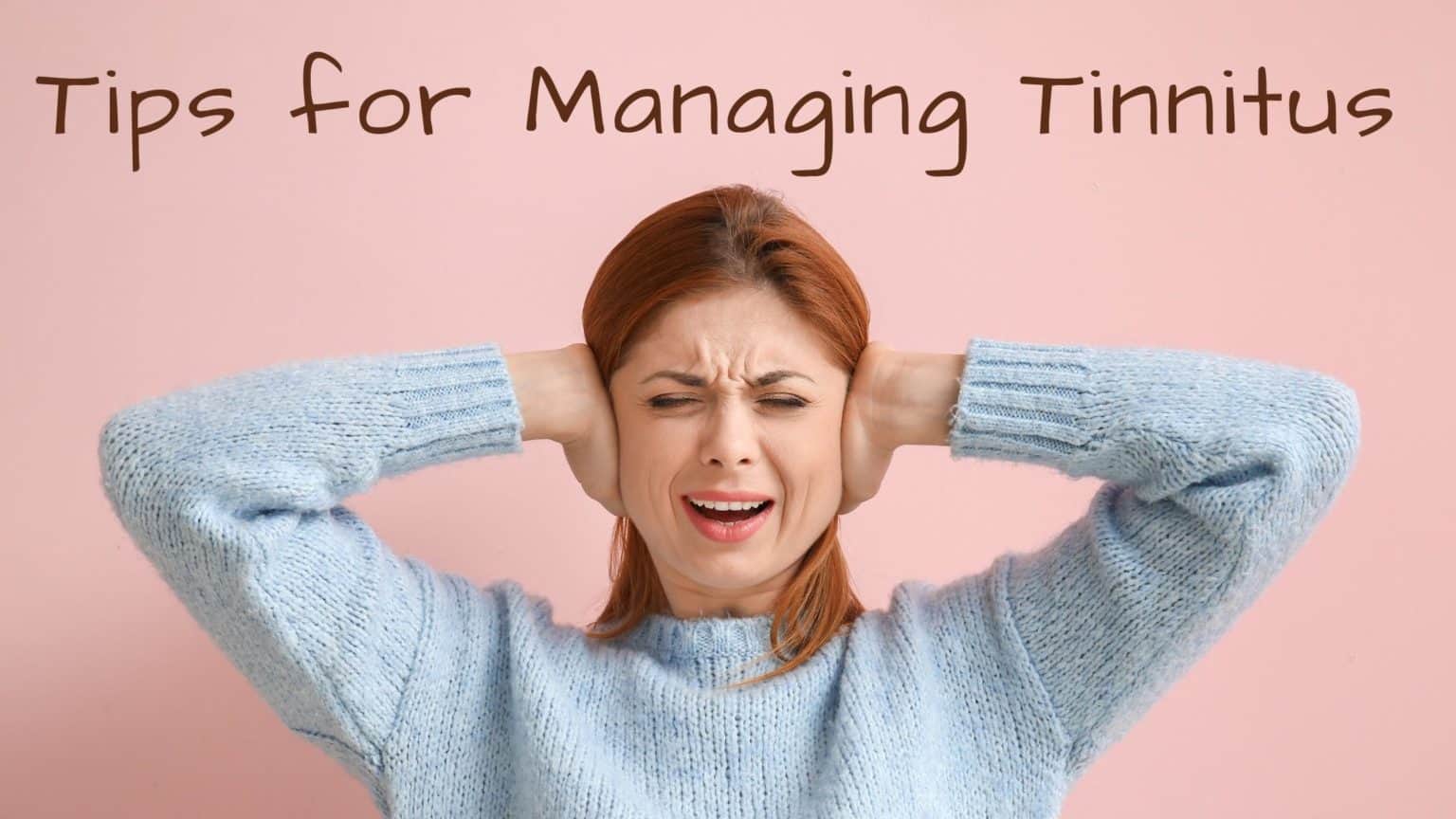
Living with tinnitus can be challenging, as the persistent ringing or buzzing in the ears can significantly impact one's quality of life. While there's no one-size-fits-all solution, finding the best medicine for tinnitus can offer much-needed relief. In this comprehensive guide, we'll explore various treatment options and lifestyle changes that can help alleviate symptoms and improve overall well-being.
Tinnitus is a condition characterized by the perception of noise or ringing in the ears without any external sound source. It can manifest as buzzing, hissing, whistling, or roaring sounds and may be intermittent or constant. While the exact cause of tinnitus varies, it's often associated with exposure to loud noise, age-related hearing loss, ear infections, or underlying health conditions.
Tinnitus can be classified into two main types: subjective and objective.
Subjective tinnitus is the most common type, where only the person experiencing it can hear the noise.
Objective tinnitus, on the other hand, is rare and can be heard by both the affected individual and a ENT Specialist(Best Doctor for Tinnitus Treatment in Hyderabad) using a specialized instrument.
Living with tinnitus can have a significant impact on various aspects of life, including sleep, concentration, and emotional well-being. Many individuals with tinnitus report feelings of frustration, anxiety, and even depression due to the constant noise they perceive.
While finding the best medicine for tinnitus may require a combination of medical treatments, lifestyle changes, and home remedies, it's essential to approach Laser ENT treatment holistically. By working closely with healthcare professionals and incorporating various strategies into your daily routine, you can effectively manage tinnitus symptoms and improve your overall quality of life.
While there's currently no known cure for tinnitus, various treatments can help manage symptoms and improve quality of life.
Some individuals find relief from tinnitus symptoms by incorporating relaxation techniques, dietary changes, and herbal supplements.
Tinnitus is relatively common, affecting millions of people worldwide. It can occur at any age but is more prevalent in older adults.
Yes, stress can exacerbate tinnitus symptoms. Managing stress through relaxation techniques and mindfulness practices may help alleviate symptoms.
In some cases, tinnitus may be a symptom of an underlying health condition, such as hearing loss, ear infections, or cardiovascular disease. It's essential to consult with ENT specialist for a proper diagnosis and treatment.
Tinnitus symptoms can vary in duration and severity. Some individuals may experience temporary tinnitus due to exposure to loud noise or ear infections, while others may have chronic tinnitus that lasts for months or years.